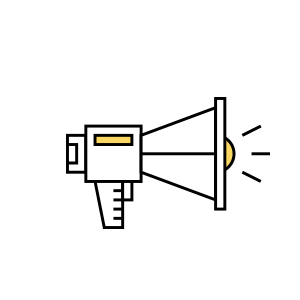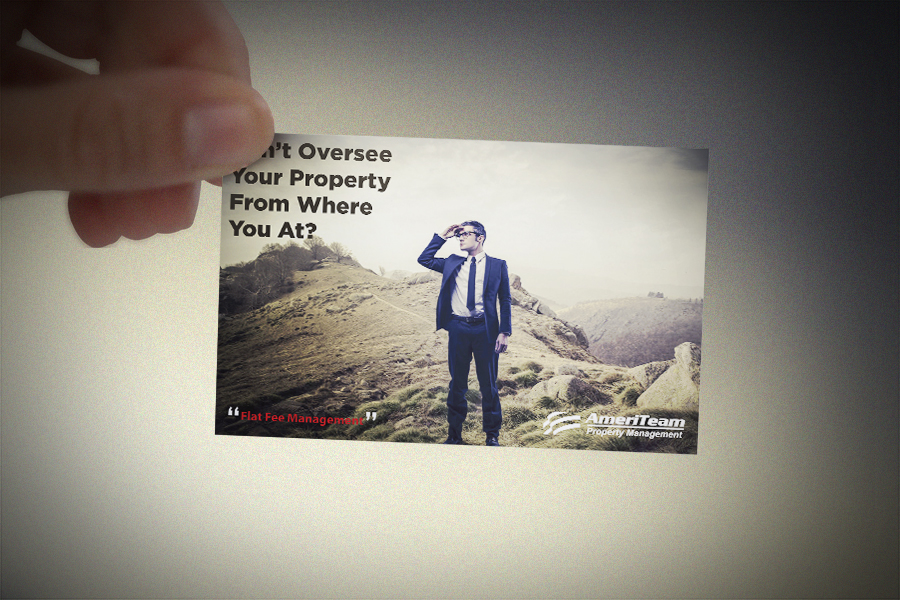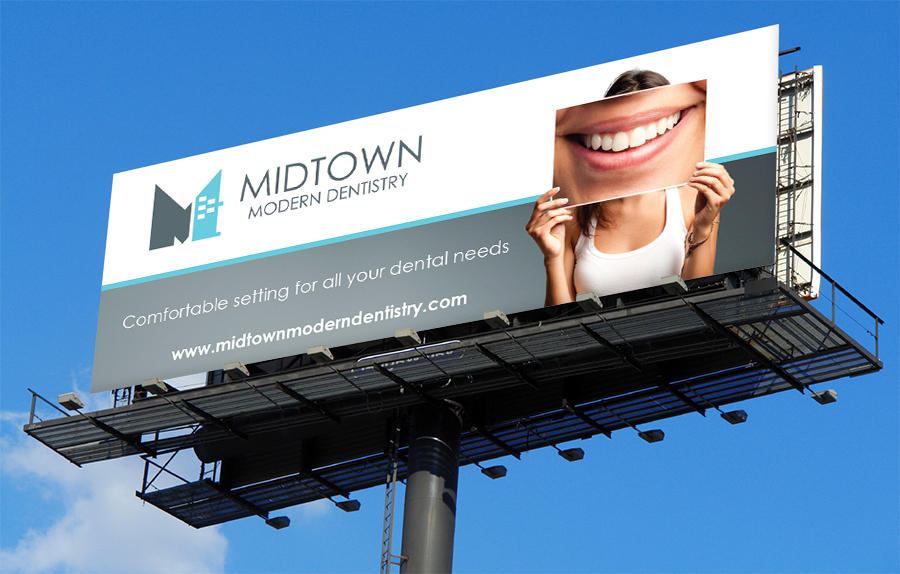





Provide all the services–print & digital– necessary to manage your total advertising and marketing program.
Depending on your business’ present needs, goals and capabilities, this can include:
• Analyzing your problems and opportunities
• Recommending effective marketing directions and solutions
• Preparing an appropriate and creative message
• Ensuring maximum efficiency in the planning and buying of the right media in which to communicate your message
It’s really a question of evaluating what you do best and what an agency does best. After looking at core competencies many businesses decide that it’s wisest and most cost effective to form a relationship with a good agency.
Flexibility as an “as-needed” resource you “turn on” when you need it and “turn off” when you don’t
• An extension of your own marketing department, or in some cases, it effectively becomes the marketing department
• Creative, innovative people
• The ability to turn strategic, creative ideas into persuasive marketing communications
• An objective, third-party perspective free of internal politics and bias
• Insights gained from experience analyzing consumers research and buying needs
• “Cross-pollination” of ideas—benefit from the agency’s experience
• Knowledge of the different media outlets and how to get the best return-on-investment (ROI) for your advertising dollar
• Accountability—competition ensures you get their very best.
The first step is to decide what it is you hope to accomplish with the agency. Clearly stating your objectives in writing is a good way to bring focus to your thinking. Create a “scorecard” on which you may wish to evaluate prospective agencies.
• Set high standards
• Set goals based on a broad internal understanding of what your marketing is designed to accomplish
• Communicate, communicate, communicate
• Have as few approval levels as possible
• Recognize when you work as a team with your agency, Maestro will like to work with you—and it will show in your advertising
Effective work is work that makes things happen. It does more than get noticed; it makes the market say “Wow!” It does more than create awareness, interest, conviction and action; it builds a brand of distinction. It does more than persuade; it sells.
Actual compensation methods vary depending on your needs.
• On a project basis—specific work for a set price.
• Fee-for-service—payment on an hourly basis for agency services. As more and more of the agency’s services (e.g, online reputation monitoring, public relations, or media analysis/planning/buying) come into play, the nature of our relationship often grows.
• Letter of agreement—spells out all the terms of the longer-term relationship. This agreement may include a monthly retainer fee. The benefit of this arrangement is much like that of having a utility’s budget plan: you know exactly how much is budgeted each month for those services. At the end of the day, whether we’re compensated on a project, or hourly basis, through media commissions or through a retainer, the acid test is simple: if you feel you got what you paid for, the compensation arrangement is working.